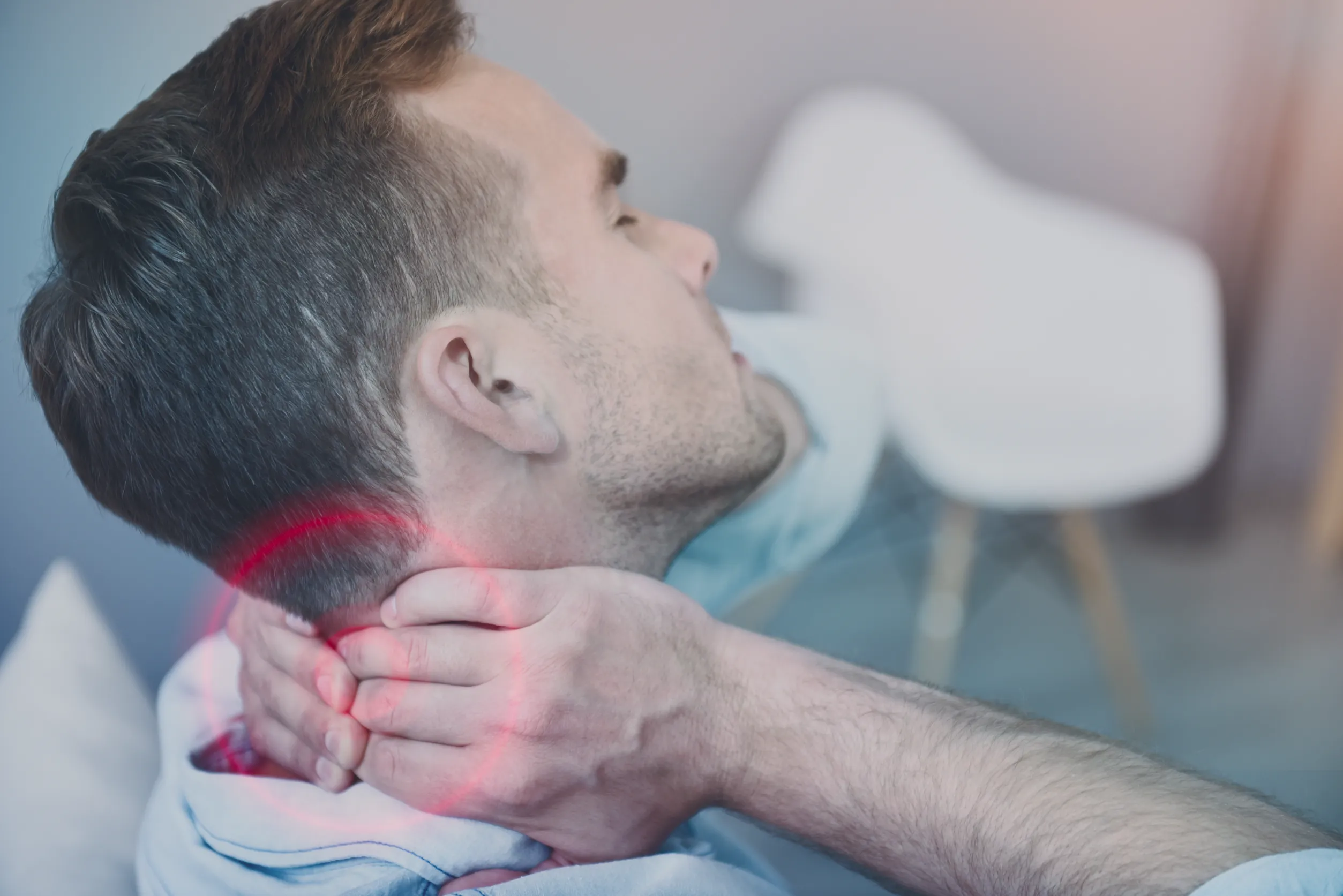Ligament Laxity and Car Accidents

Ligament Laxity and Car Accidents: Understanding the Impact on Your Body
Ligament laxity refers to the condition where the ligaments, the strong, fibrous bands connecting bones at joints, exhibit more flexibility than usual. These ligaments play a crucial role in providing stability to your joints, acting like the sturdy ropes that keep everything in place.
Let’s delve into what ligament laxity means, how car accidents can affect it, symptoms, and recovery.
What is Ligament Laxity?
Ligament laxity is like having extra stretchy rubber bands in your body. These rubber bands, or ligaments, connect your bones and keep your joints stable. Imagine them as the strong bands holding everything together, especially in places like your neck and back.
How Car Accidents Can Affect Ligament Laxity
Sudden Impact: When you’re in a car accident, your body experiences a sudden and forceful jolt. This impact can stretch and strain your ligaments beyond their normal capacity.
Whiplash: One common injury in car accidents is whiplash. It happens when your head and neck snap forward and backward rapidly, stressing the ligaments in your neck.
Hidden Injuries: Ligament laxity might not always show immediate symptoms. It’s like a rubber band that doesn’t break but becomes a bit looser after being stretched.
Signs and Symptoms
Pain and Stiffness: After a car accident, you might experience pain and stiffness in your neck, back, or other joints. This can be a sign that the ligaments are affected.
Delayed Onset: Symptoms might not appear right away. It’s like feeling the effects of a stretchy rubber band a little later.
Difficulty Moving: You might find it harder to move certain joints smoothly. It’s similar to a door hinge not working as well when the rubber bands are too loose.
Seeking Medical Attention
Early Intervention: If you’ve been in a car accident, it’s crucial to see a healthcare professional, like those at Xcell Medical Group located in Elyria, OH, even if you don’t feel immediate pain. They can check for any ligament laxity or related issues.
Physical Rehabilitation: Physical rehabilitation can be like a workout for your ligaments. It helps strengthen the muscles around your joints, providing additional support.
Monitoring for Changes: Keep an eye on how your body feels in the days and weeks following an accident. Any new pain or changes in movement could be a sign of ligament laxity.
Just like rubber bands can lose some tightness after stretching, your ligaments might be affected by the forces involved in a car accident. Being aware of the signs and seeking medical attention can make a significant difference in managing ligament laxity and promoting a healthy recovery.
Remember, your body is resilient, and with the right care, it can bounce back from the impact of a car accident.



